By Adam Karlin
Writing about being a New Orleanian, wherever you are, means writing a love letter to the city.
And there are lots of love letters to New Orleans. It’s practically become a sub-genre of the travel essay - out of towner visits, falls for the city, pens around a thousand words about why it’s like nowhere else.
There’s a reason for this: New Orleans is special. She is different, in ways both shallow and deep. The food is good, and the music too.
But she has issues, and I don’t just mean water boil advisories or the traffic light at Esplanade and Rampart going out every other day. As I write this, about two weeks have passed since seven-month old Deshawn Kinard was killed with his father, Deshawn Butler, after a shootout on the Crescent City Connection.
Seven months old. Christ.
I like Rebirth. I love a po'boy. But it feels repugnant to love a city where infants are killed in gang shootings. It raises every internal red flag within my being. It calls into questions my deepest assumptions of human nature, confirms some of my darkest fears, and reminds me how easy I have it compared to most of my fellow New Orleanians.
Let me reiterate: I enjoy all of the things that make New Orleans great without experiencing what makes her a mess. I listen to brass bands and bounce crews never enduring anything like the obstacles their members went through. I don't live within the conditions that create our underserved underclass.
A lot of people talk glowingly about the frontier mentality that grew in New Orleans following the institutional vacuum left in the wake of Katrina. A broad horizon, mixed with our traditional embrace of free-spirits and rejection of rules, informs a sense that anything is possible.
Well, I've staked a good claim on the new New Orleans frontier, and I gotta say: it's easy to love a game with no rules when you start on third base. By income, education and connections, I'm on the right side of the Neutral Ground. And in the meantime, I, and so many others, am a voyeur of the wrong side.
I've heard the term carpetbagger thrown around a lot to describe transplants like myself. To which I say: maybe I am. But anyone who grew up outside of select neighborhoods who enjoys Second Lines or Mardi Gras Indian chants or soulful jazz is carpetbagging too. Enjoying the fruits of one of America's most vibrant indigenous cultures while never suffering the circumstances that produced them. Worse, some – not all, but some – of the people who mutter 'carpetbagger' at outsiders are the same ones who call our poorest citizens animals and savages. Who think New Orleans is Baghdad surrounded by Metairie. They like our town when she brings out the marching bands, but if the members of that band were in their gated community after dark, they'd shoot them.
So with all of that said, why do I love this place? How can all of the above be worth a bowl of gumbo and a sazerac?
The thing is, everyone I know who lives here, from Uptown aristocrats to St Claude hipsters to Gentilly families, thinks it is worth it. And I’m working through why.
I love our unceasing dedication to the beautiful and the sensual. New Orleans knows the ephemeral soul responds most easily to the bodily and tangible. I am thankful I make a bad Buddhist, because I love the sensory, the temporal and the now, the beauty in front of me and the song I can dance to, and if I didn’t like these things, I’d live in Toronto.
I love the great and true friends I have made, who do interesting work, much of which makes New Orleans a better place for all. I’m not just talking about non-profit managers and teachers and entrepreneurs, although they do good things. But so do the waitresses and bartenders who, with a smile and some conversation, contribute little drops of goodness to the sometimes indifferent sea of humanity we’re all swimming in.
I love a home to live in, and the beautiful houses and architecture that give us the most distinctive streetscape in the country.
And for all the negative things I've mentioned, I love knowing the bad isn't endemic to New Orleans. Example: I moved here from Washington DC. The capital is a staid yin to our colorful yang. DC embraces Authority; New Orleans, Anarchy. Consider the go-cup. In a nation divided between individual liberty, puritan morality and the good of the public, the go-cup is a nod to freedom in a daiquiri-friendly carrying case. One of New Orleans' strongest selling points is a come as you are attitude that doesn't frown at drinking on the street, laughing too loud or dressing up as a fairy goblin riding a bicycle decked out like a butterfly. 'Do wha chu wanna,' right?
But one time, the thought occurred to me: does the lawlessness that allows go-cups also allow neglect and corruption? Because if it was between go-cups and the public good, I'd finish my beer before I left the bar.
Except it's not a zero-sum equation. DC has lots of rules and regulations, and she is as screwed as New Orleans when it comes to haves and have nots. Plus, the food sucks and folks are the kind of uptight that a to-go drink loosens right the hell up.
At the end of the day, things are messed up across the country. Across the world. To greater or lesser extents, but they’re out there. I know it's safer to walk at night in Salt Lake City than Central City, but somewhere, in Utah, the gap exists. It just places the desperate out of sight, in reservations and exurbs.
Because of the cozy dimensions of New Orleans, society's division stares me in the face. And because New Orleans, more than anywhere I know, produces extremes of happiness and tragedy on a daily basis, extremes that grow in our fertile, do wha chu wanna soil, I feel the space between the edges more intensely than I do anywhere else.
On top of this, New Orleans gives me unique tools for dealing with and battling the world's indignities: neighborliness, pride, food, music, DIY-sensibility, a sense of shared struggle. And of course, go-cups.
This is how I be a New Orleanian, wherever I am: by internalizing all of the above. Our love for food and music and joie de vivre, along with the knowledge of how those things are denied to so many of us, and how they can yet be produced under the greatest destitution.
Being a New Orleanian means being a better, more aware citizen. It means knowing how important it is to be a steward of this good Earth and water, because without it, our cities would be swept away. It means knowing that while my life as a New Orleanian can be a good one, it is on me to take what makes it fine elsewhere: to carry our lust for life to the world outside of the parish, and better the life of everyone within it, up, down, lake and river.
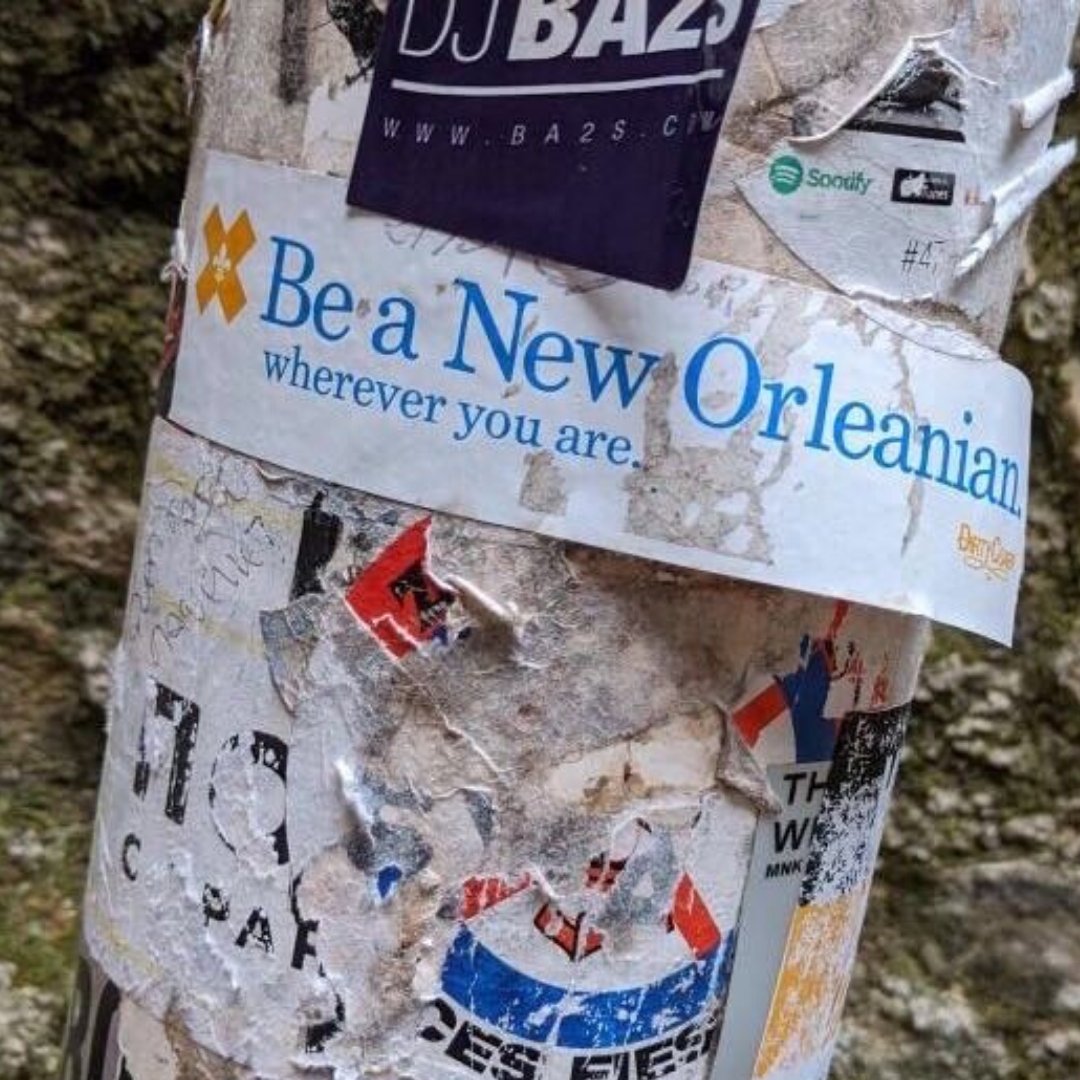
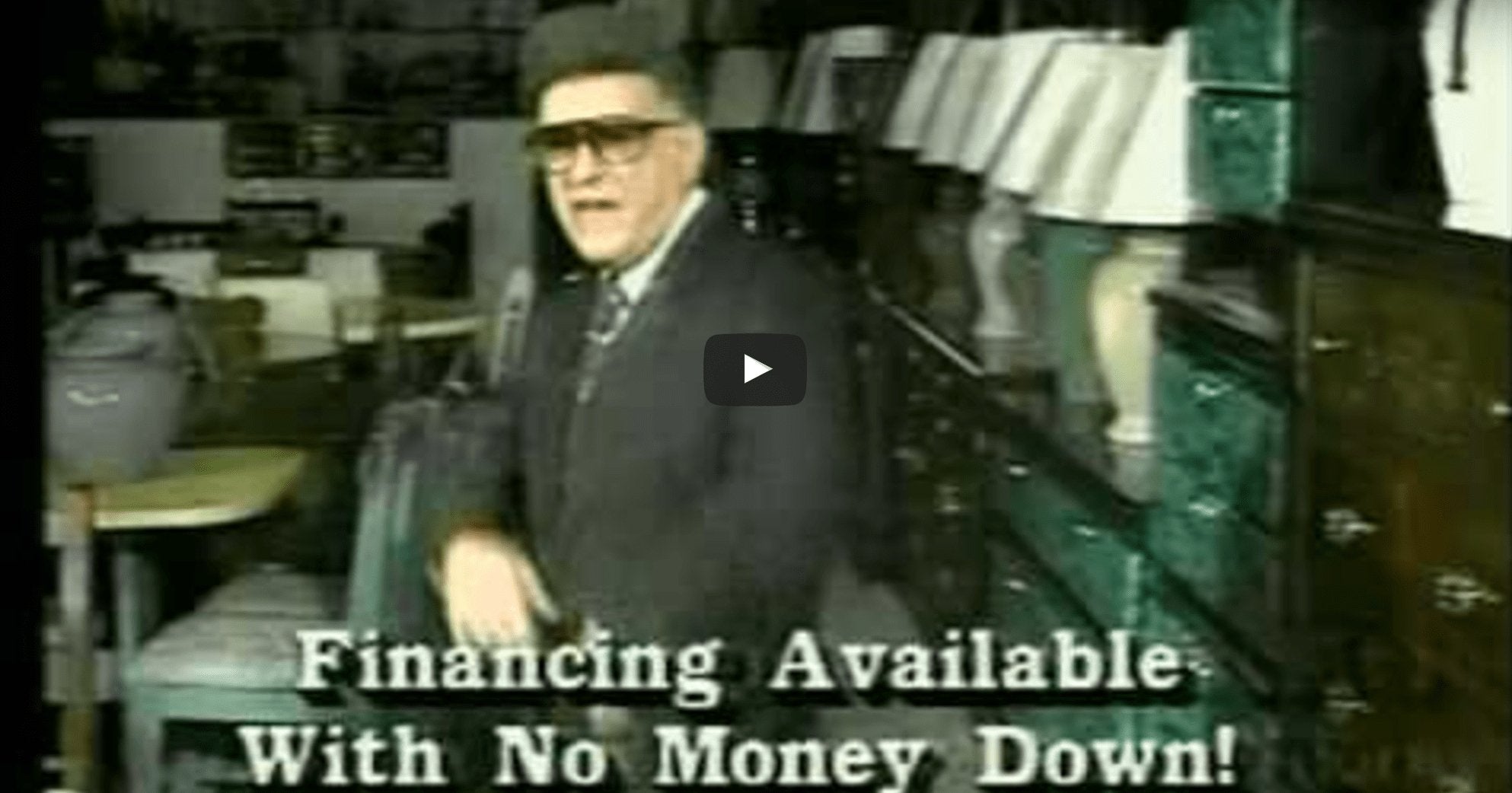
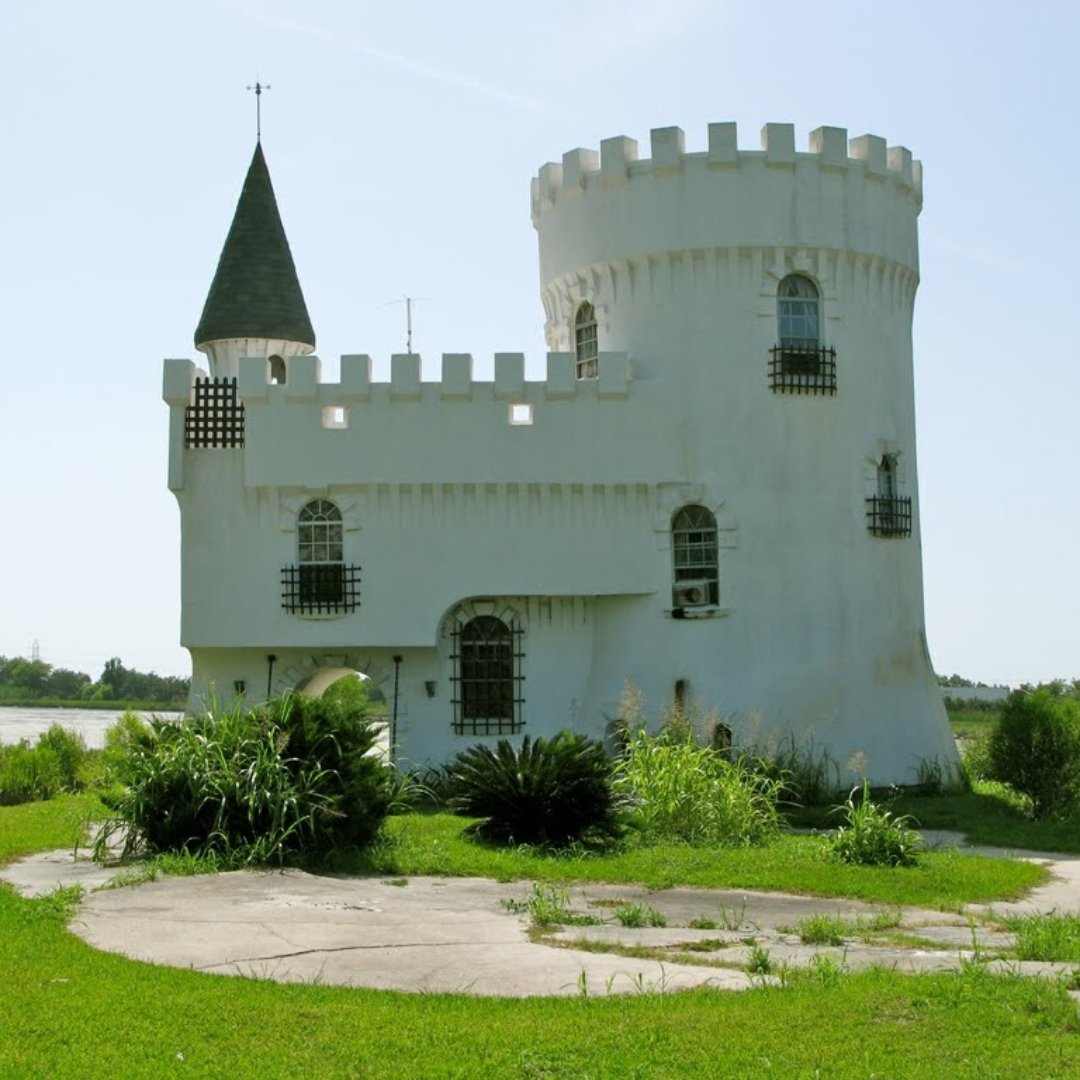
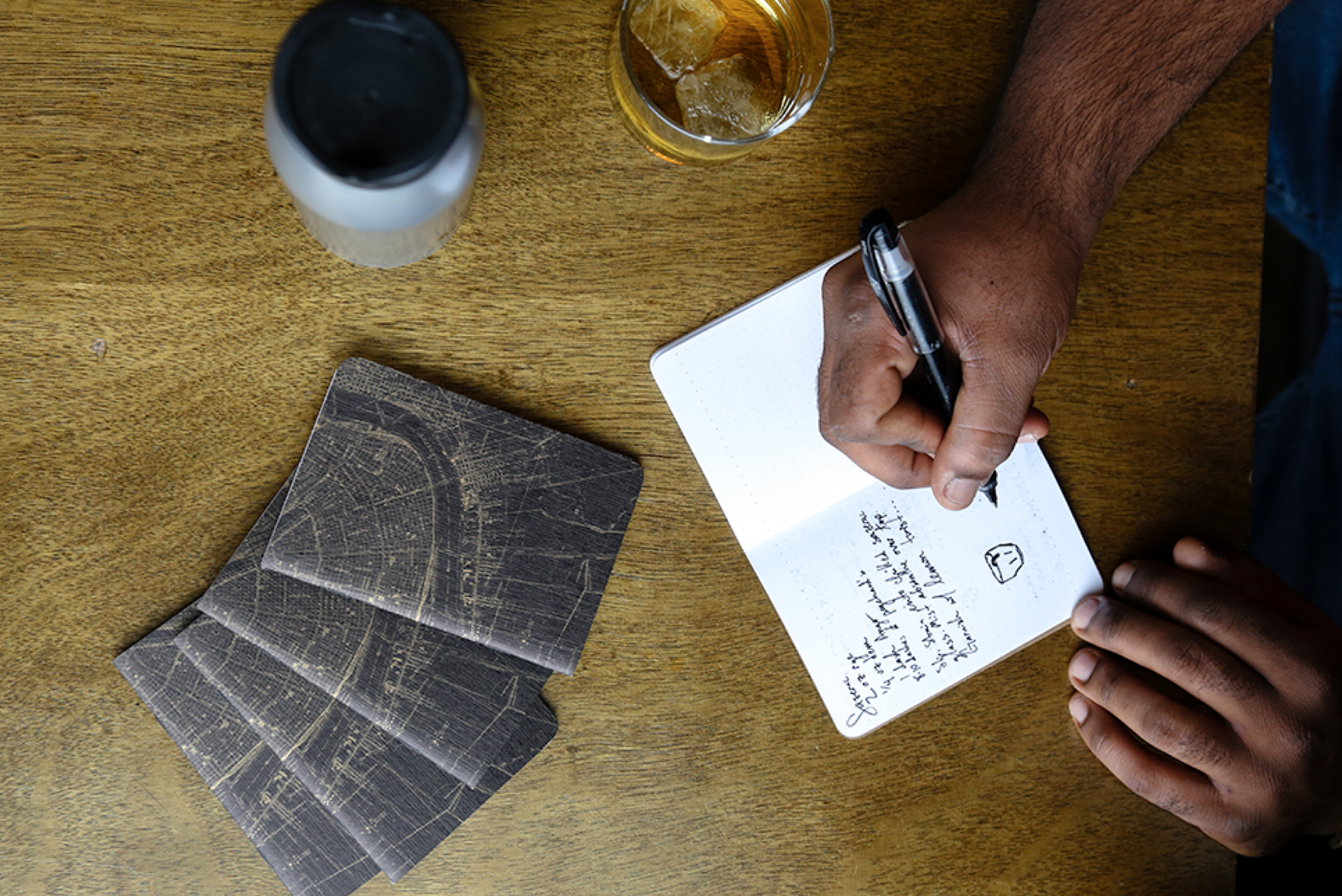
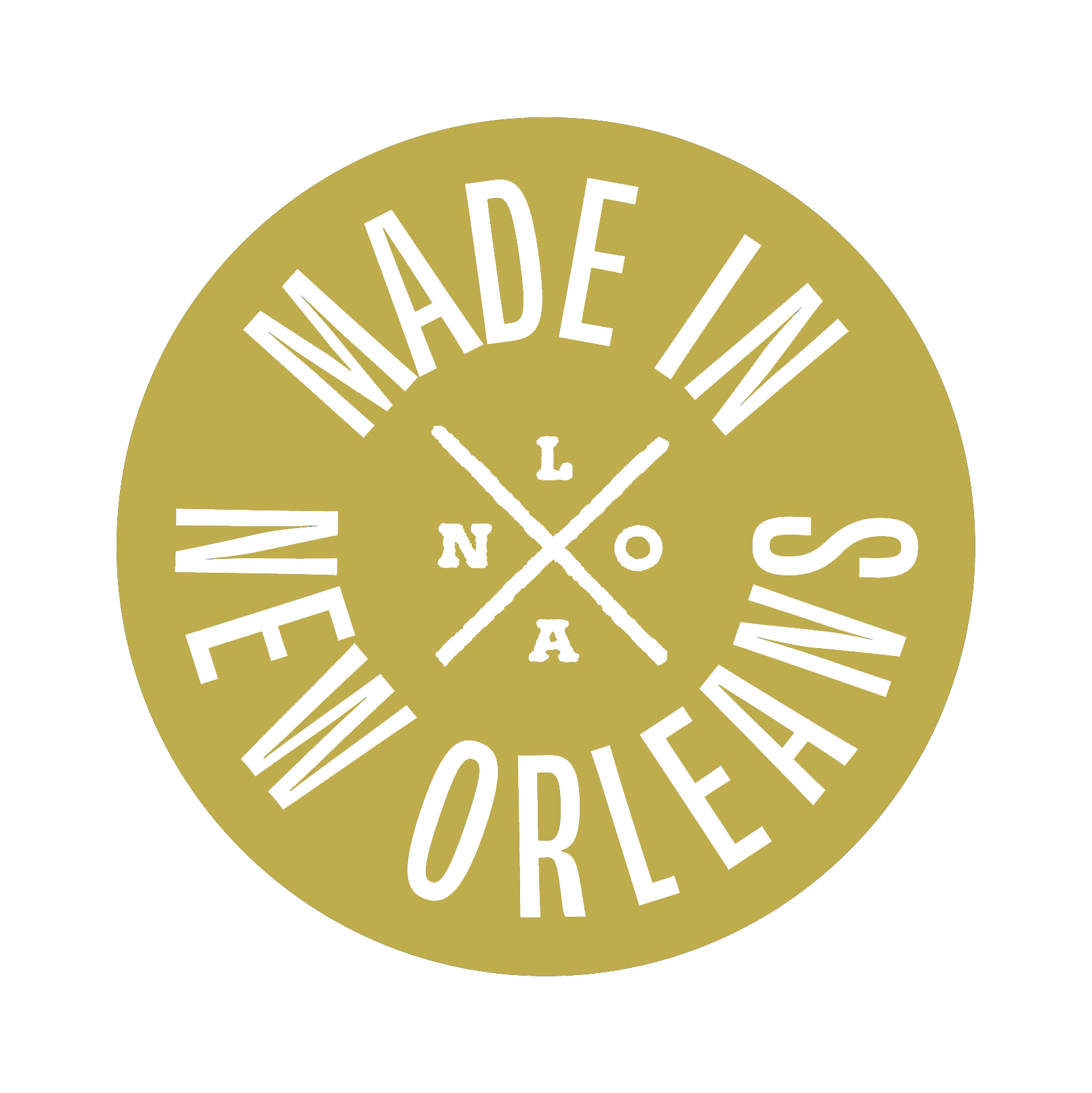
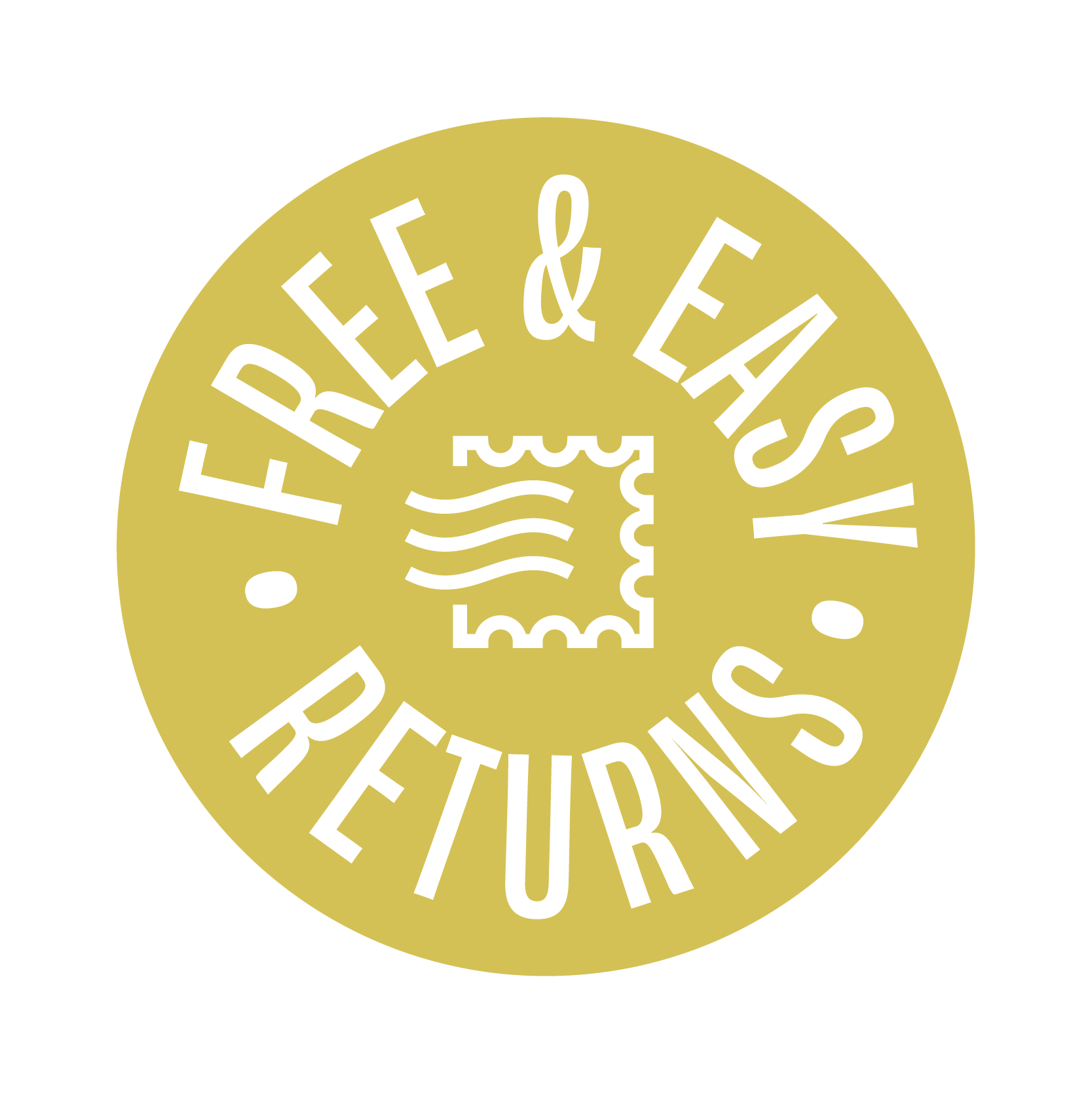
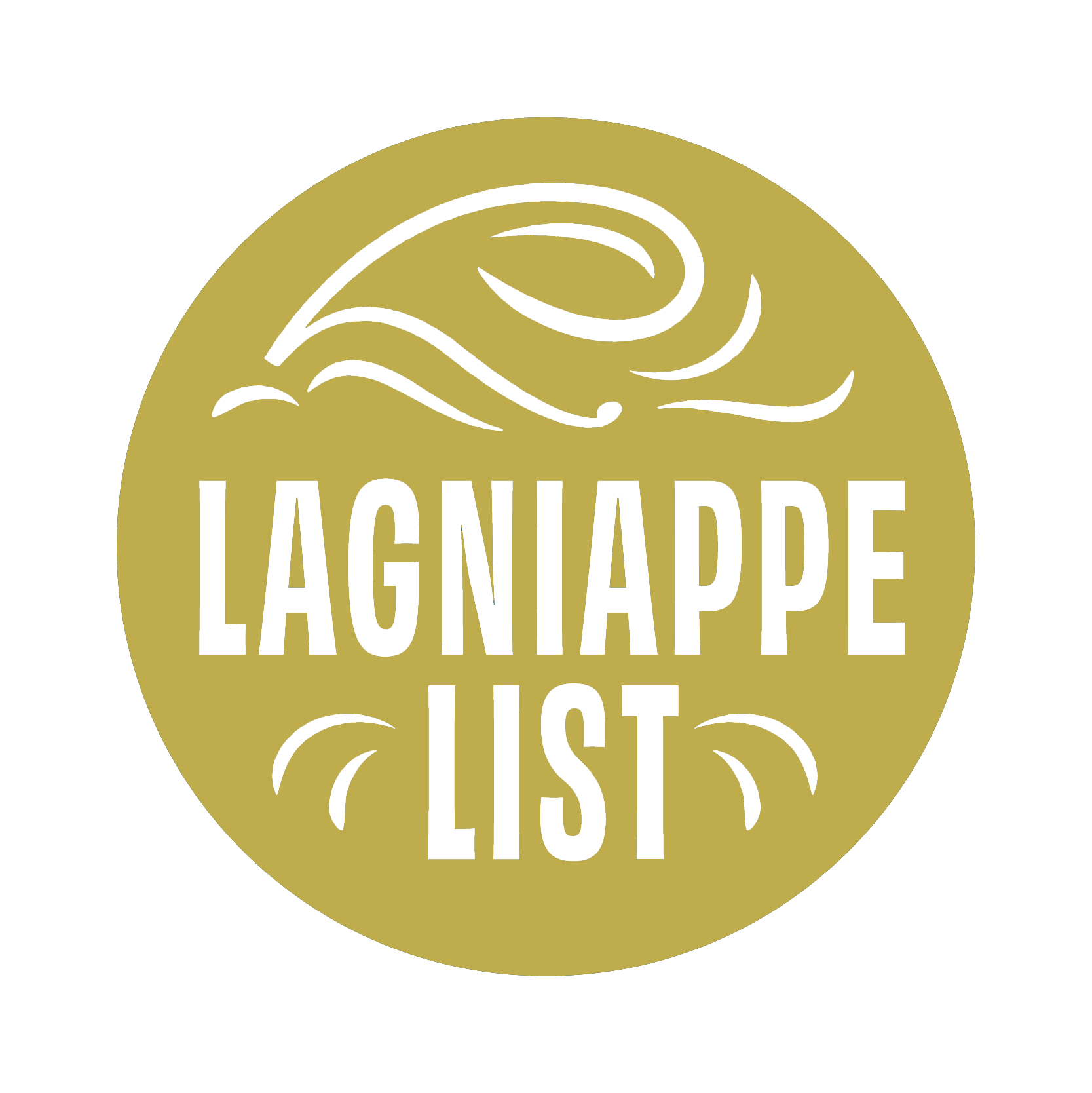
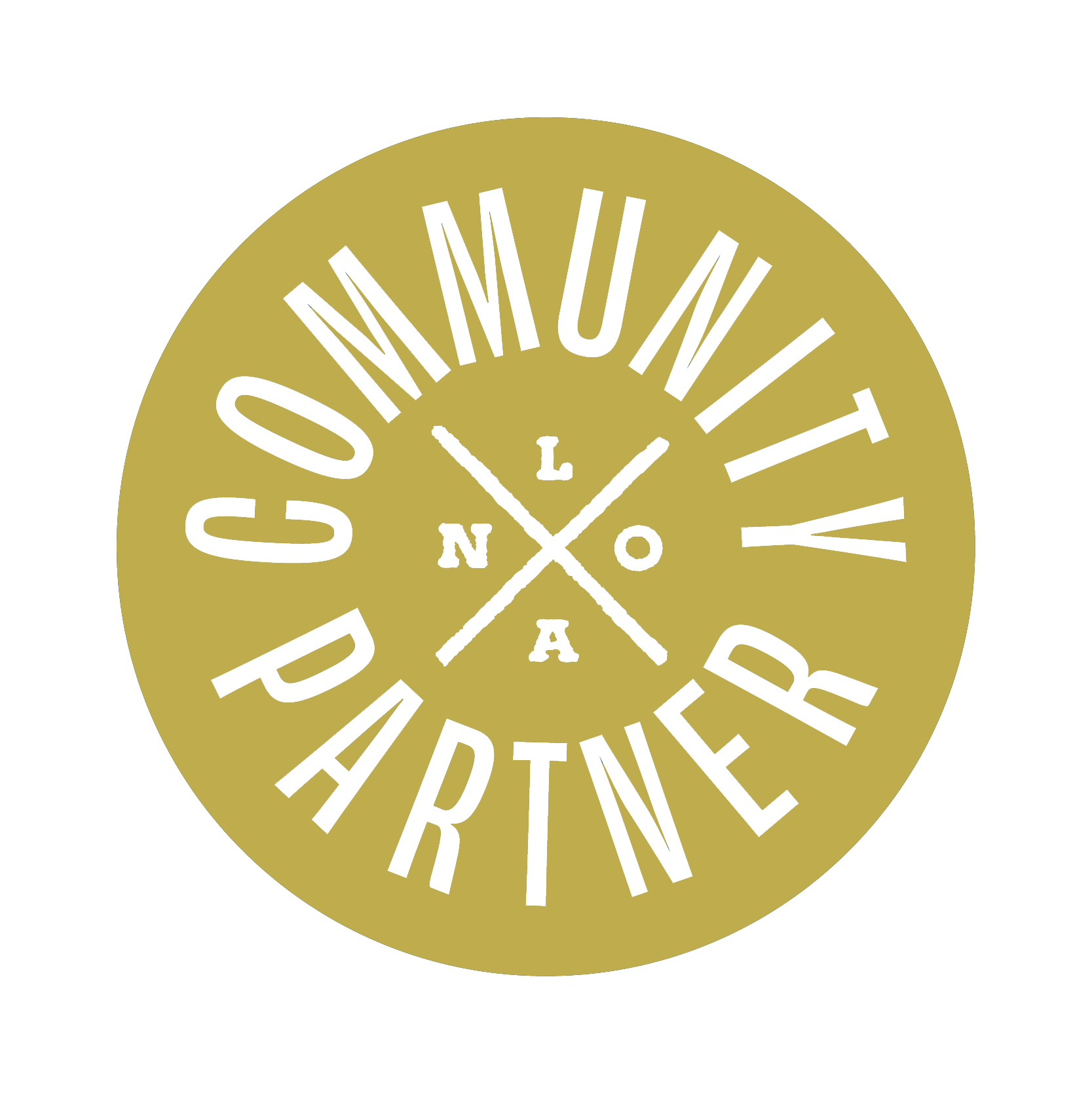
Leave a comment
All comments are moderated before being published.
This site is protected by hCaptcha and the hCaptcha Privacy Policy and Terms of Service apply.